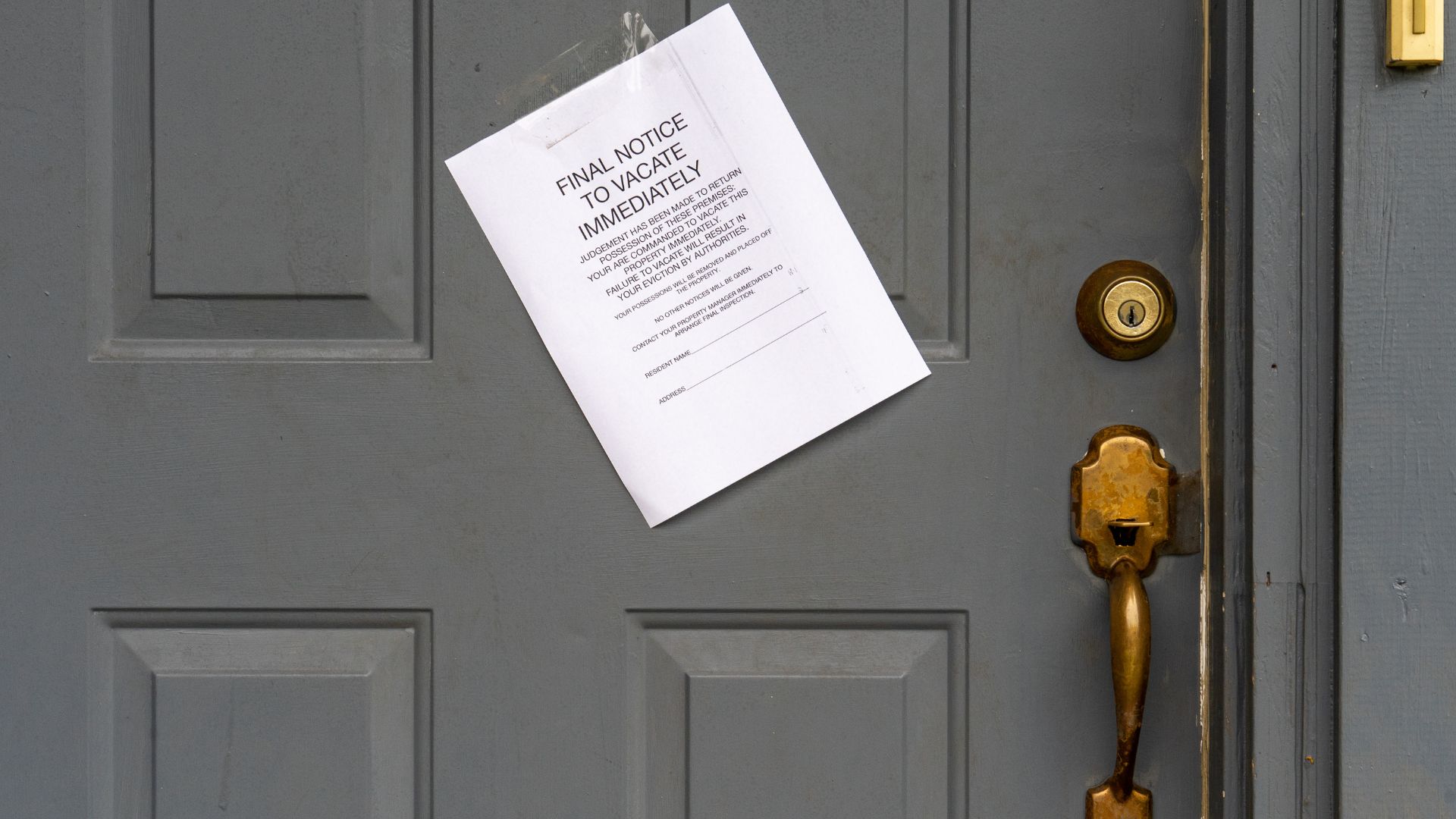As a renter, receiving a notice to vacate can be a daunting experience. Whether it’s due to lease expiration, non-payment of rent, or a violation of the lease agreement, it’s important to know how to respond properly. In this blog post, we’ll cover some tips for renters on how to respond to a notice to vacate and protect their rights as tenants.
Understanding the Notice to Vacate
Before we dive into how to respond to a notice to vacate, let’s first understand what it is. A notice to vacate is a written notice from your landlord or property manager informing you that you must move out of your rental unit by a certain date. This notice can be issued for a variety of reasons, such as lease expiration, non-payment of rent, violation of the lease agreement, or because the landlord wants to sell or renovate the property.
Depending on the state and the reason for the notice, the amount of time you have to vacate can vary. In some states, you may have as little as three days to vacate, while in others, you may have up to 90 days. It’s important to know your state’s laws and your lease agreement to determine the appropriate timeline.
Tips for Responding to a Notice to Vacate
Now that you understand what a notice to vacate is, let’s go over some tips for responding to one.
1. Read the notice carefully
The first thing you should do when you receive a notice to vacate is to read it carefully. Make sure you understand why you are being asked to vacate, the date by which you must move out, and any other pertinent details. If you have any questions or concerns, don’t hesitate to reach out to your landlord or property manager for clarification.
2. Review your lease agreement
Next, review your lease agreement to ensure that the notice to vacate is valid. If the notice is not valid, you may be able to challenge it and remain in your rental unit. For example, if your landlord is trying to evict you for a reason that is not allowed under your state’s laws, such as discrimination or retaliation, you may be able to fight the eviction in court.
3. Respond in writing
It’s important to respond to the notice to vacate in writing. This creates a record of your communication and can help protect your rights as a tenant. In your response, be sure to include your name, address, and the date you received the notice. You should also state whether you plan to vacate by the deadline or if you intend to fight the eviction.
4. Seek legal advice
If you plan to fight eviction, it’s important to seek legal advice. An attorney can review your lease agreement and the notice to vacate and provide guidance on your rights and options. They can also represent you in court if necessary.
5. Pay any outstanding rent
If you are being asked to vacate due to non-payment of rent, it’s important to pay any outstanding rent as soon as possible. This can help prevent eviction and may give you more time to vacate if necessary.
6. Take inventory of your belongings
If you do need to vacate by the deadline, it’s important to take inventory of your belongings and begin packing as soon as possible. This will help ensure that you don’t leave anything behind and can make the move-out process smoother.
7. Leave the unit in good condition
When you vacate the rental unit, be sure to leave it in good condition. This means cleaning the unit, repairing any damage you may have caused, and removing all of your belongings. This can help ensure that you receive your security deposit back and can prevent any future issues with your landlord or property manager.
Final Thoughts
Receiving a notice to vacate can be a stressful experience for renters, but it’s important to respond properly to protect your rights and ensure a smooth transition. By reading the notice carefully, reviewing your lease agreement, responding in writing, seeking legal advice if necessary, paying any outstanding rent, taking inventory of your belongings, and leaving the unit in good condition, you can navigate the process with confidence.
It’s also worth noting that communication is key in situations like this. If you have a good relationship with your landlord or property manager, it may be worth reaching out to discuss the situation and see if there is a way to resolve the issue without vacating the unit. Remember that landlords and tenants both have rights and responsibilities and working together can often lead to the best outcome for everyone involved.
In conclusion, receiving a notice to vacate can be a difficult experience, but it’s important to stay informed, communicate effectively, and take action as needed to protect your rights as a tenant. With these tips in mind, you can navigate the process with confidence and ease.
